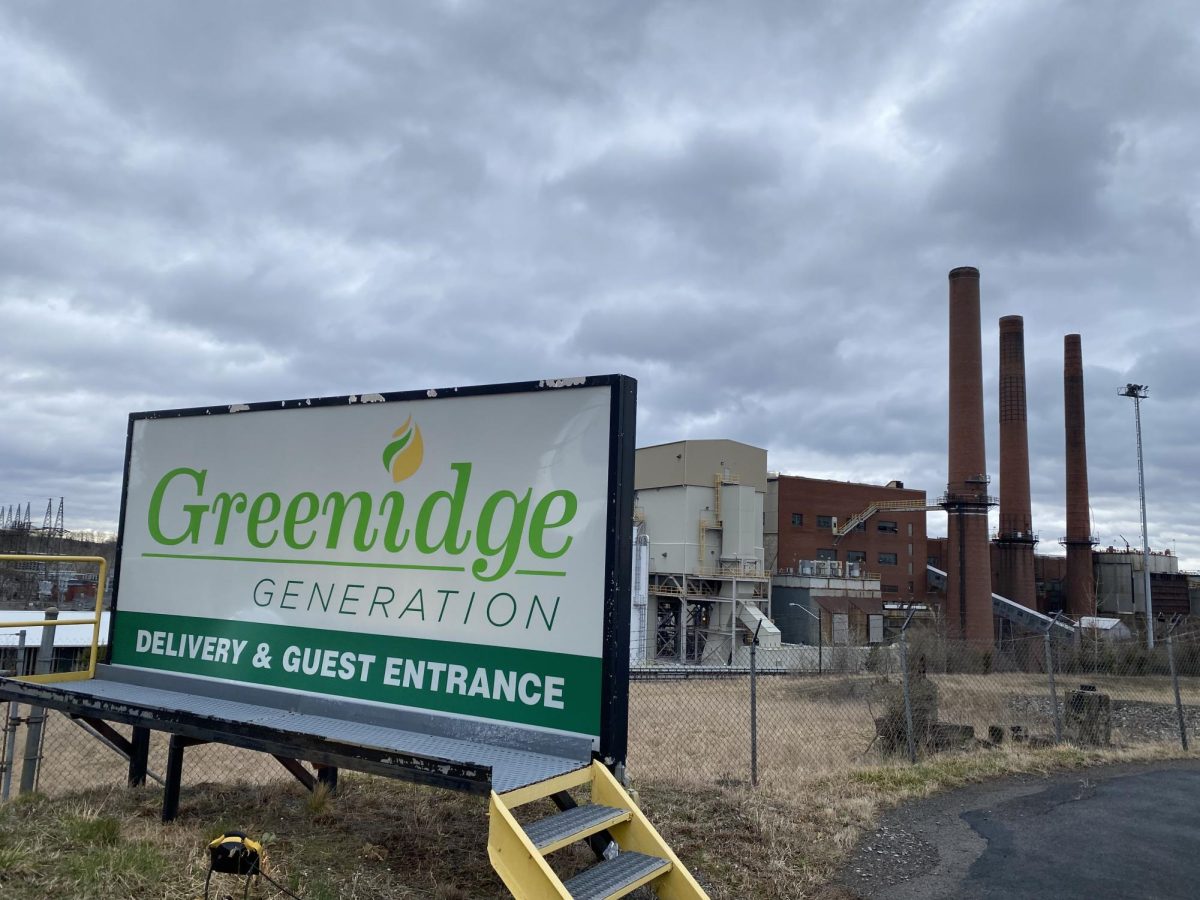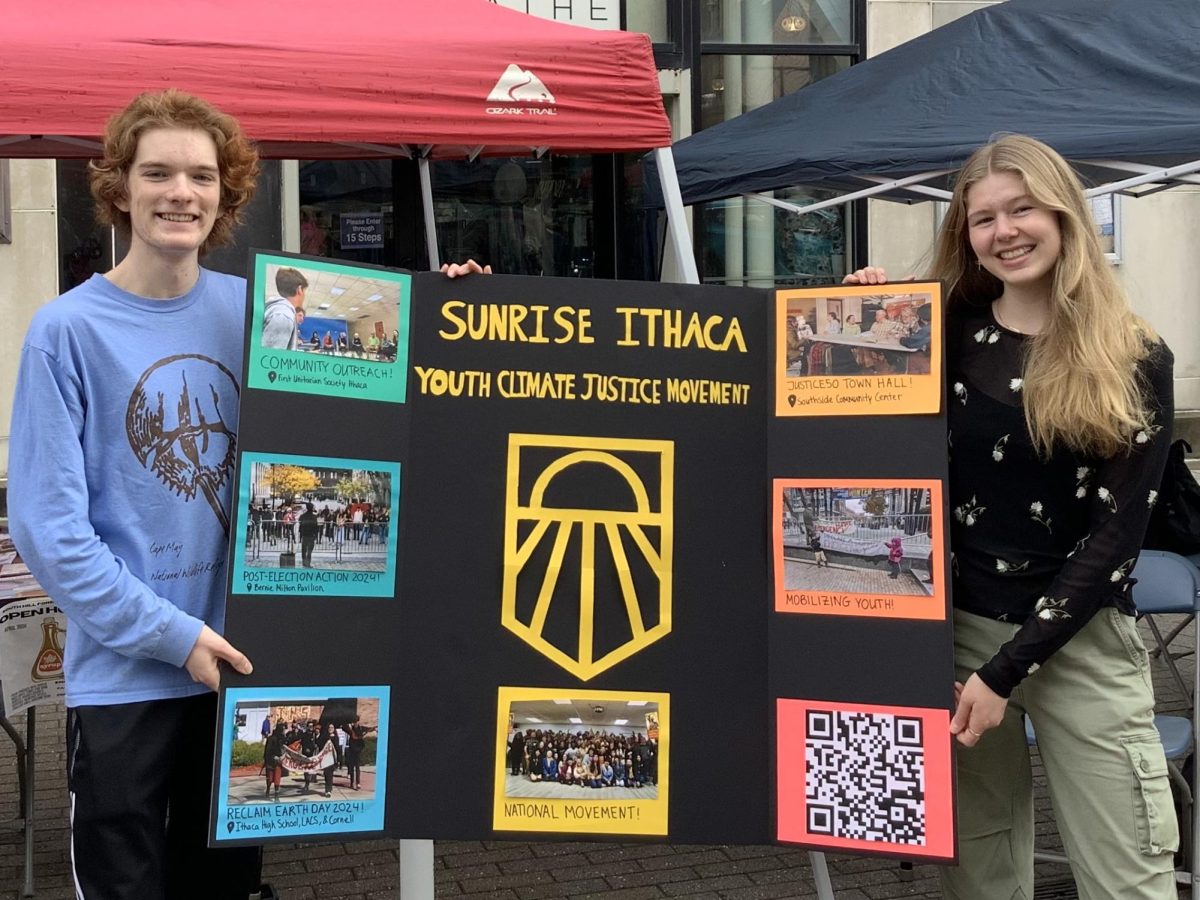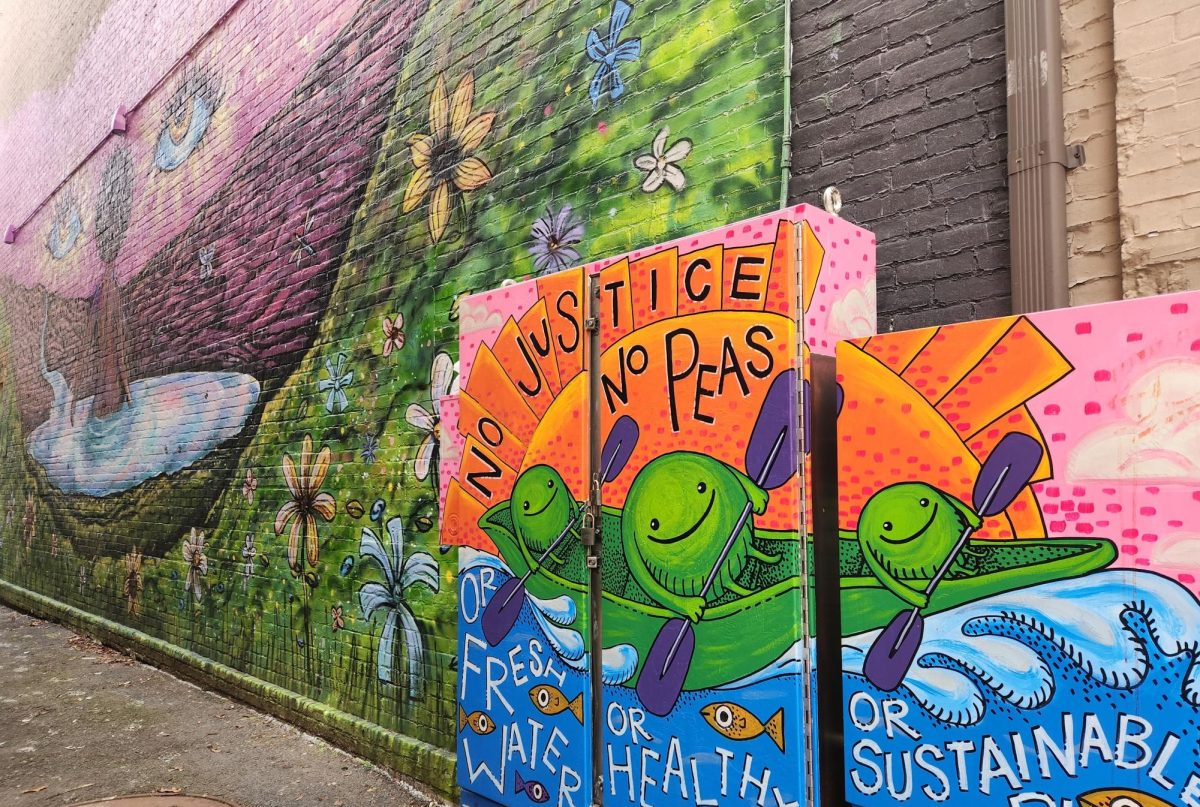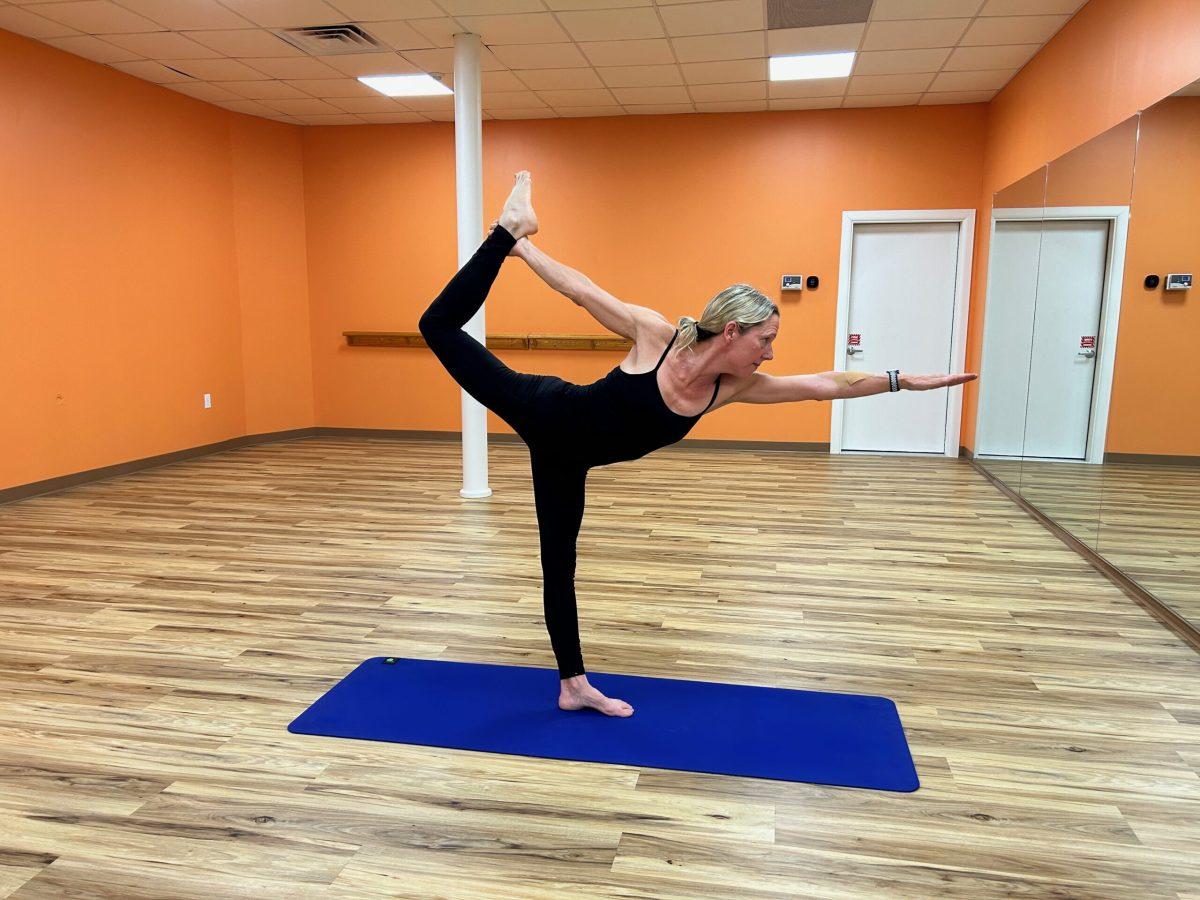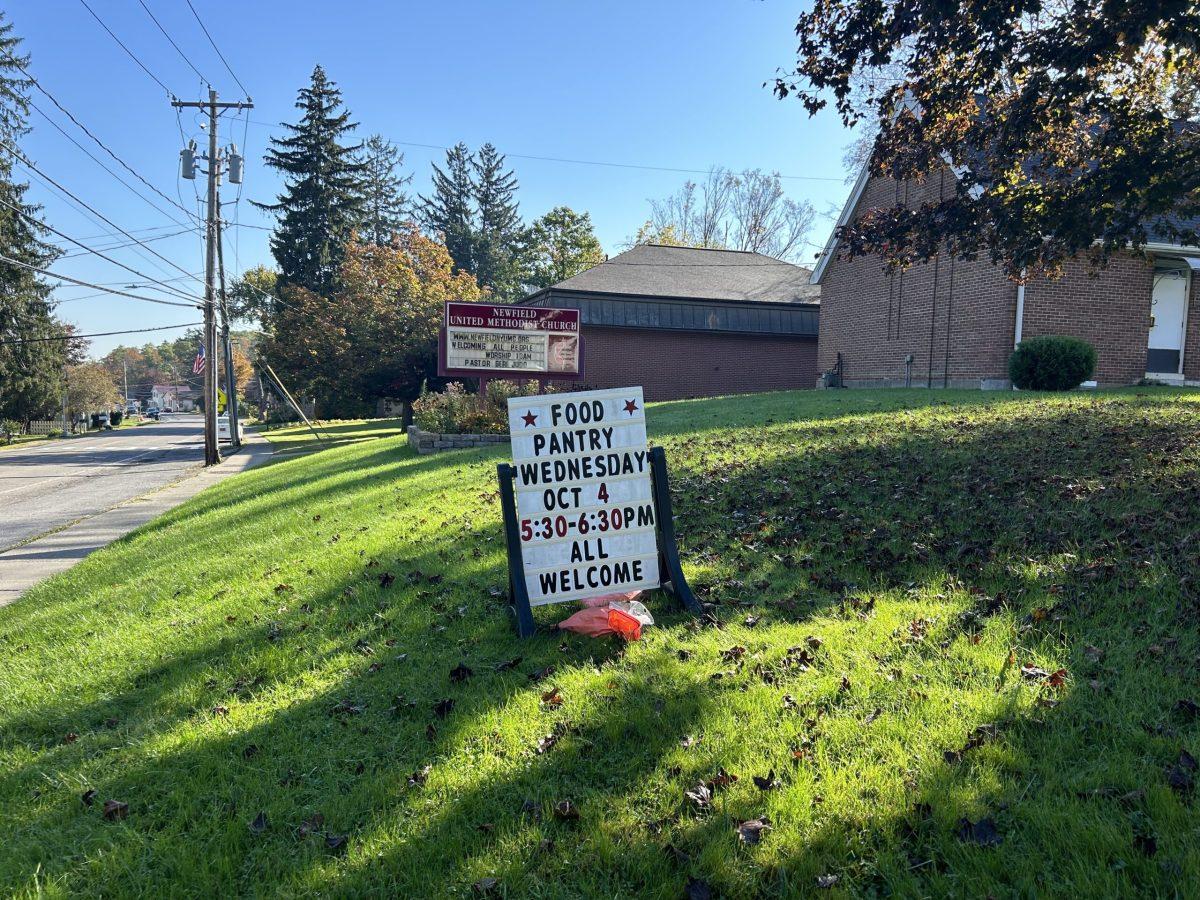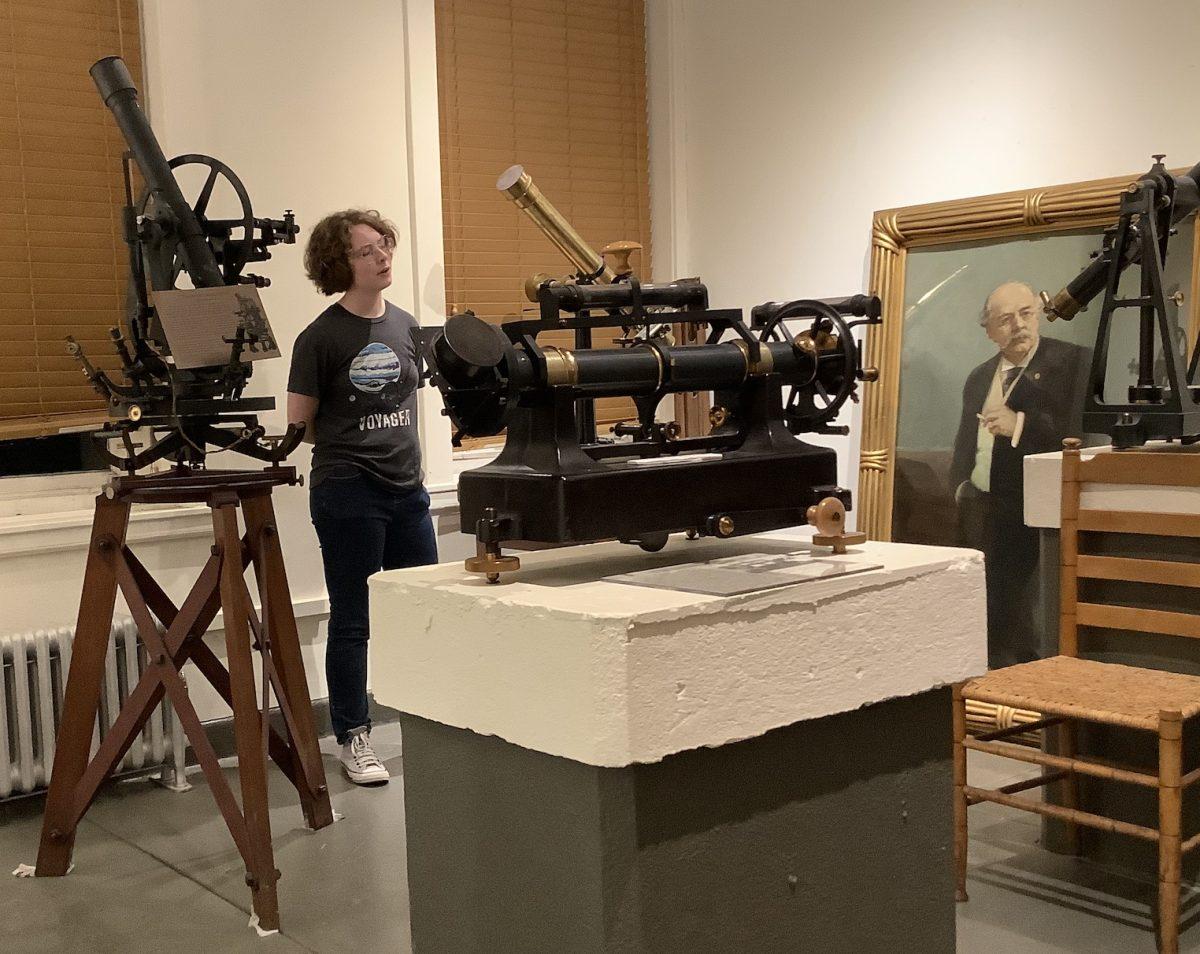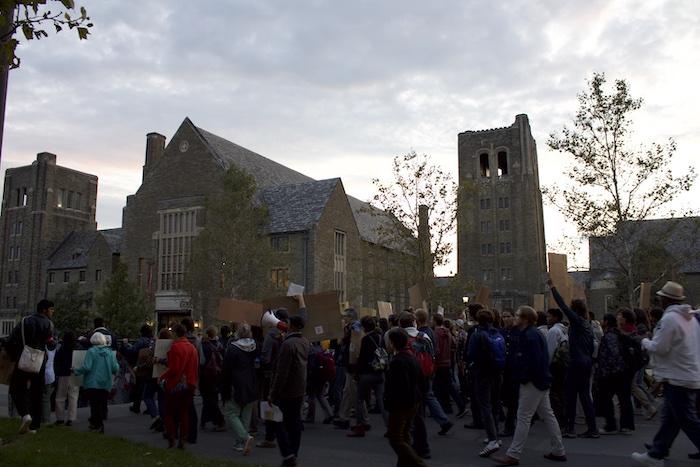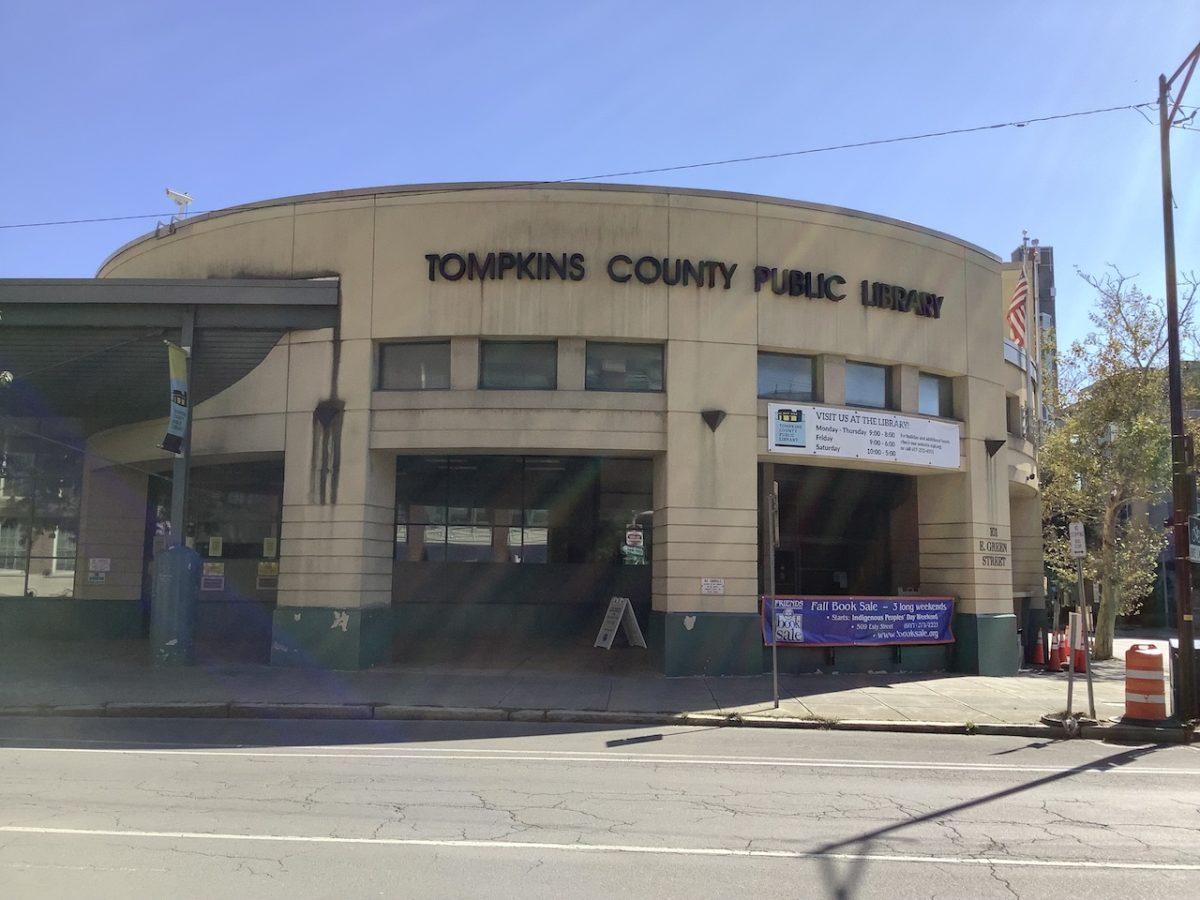The Center for an Ecology Based Economy (CEBE) held its virtual climate convergence, “2030 Vision: From Climate Action to Climate Justice,” on March 14 to 18. The event aimed to increase momentum in climate activism in western Maine and included a youth leadership panel. Five young activists, ranging in age from 14 years old to 19 years old, participated in the panel.
“Climate change … work really positively impacted my life in the way that it gave me a channel, a cause and a community,” said panelist Felipe Andres Fontecilla Gutierrez.
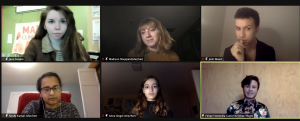
Meet Youth Activists
Sirohi Kumar was 15 years old when she became involved in activism. Now 16, she is a founding member of the Climate Emergency Action Coalition and is the youth representative on the Bar Harbor Climate Emergency Task Force. She said she was introduced to activism through a summer internship, where she began to learn about how climate change affects communities, incomes and property.
“That was a lot for me … but I realized I had an opportunity to actually work against this world-ending crisis,” Kumar said.
A comprehensive curriculum on climate change in public education was mentioned several times as a goal for 2030. Madison Sheppard, a leader in Norway Youth Climate Action and a core member of Maine Youth for Climate Justice (MYCJ), said she was aware of the crisis as early as third grade but was not taught about it beyond the idea that the ice caps were melting. Now 19, she uses her art to paint portraits of endangered species.
“You don’t really need anything else except for just looking into the eyes of those animals… it tells a story itself,” she said.
Youth Face More Urgency
Ania Wright, a grassroots climate action organizer for Sierra Club

Maine, said it is important for young individuals to get involved in activism because the timeline for addressing climate change is too short; by the time they are of voting age, the 2030 deadline will have mostly passed.
“There’s a privilege in being able to ignore this issue, and youth just don’t have that privilege,” Wright said. “Adults these days don’t necessarily have those same worries. … That same sense of necessity and urgency isn’t there.”
Josh Wood, a 16-year-old activist and member of MYCJ, has been involved in activism since age 12, when he participated in a March for Our Lives walkout. One challenge to youth activism, Wood said, is that adults do not take youth seriously and dismiss their voices as less important.
Solutions
“[As a solution] I would suggest platforming youth voices and taking a step back because adults have had this space for so long to confront these issues but, unfortunately, kids are having to confront them because we have to inherit this planet,” Wood said.
Wood also said he wanted to see more racial impact statements and structured equity changes in Maine’s communities. This correlates to one of the goals both Wood and Sheppard have for 2030: More youth and diversity in politics. In December 2020, the average age of the U.S. congress was 57.6 and 62.9 in the Senate, according to the Congressional Research Service.
“There’s no one who deserves to have more say over our future than us,” Kumar said. “The average age of people in politics is not very young; they are not people who are going to have to see the consequences of their actions in 10 to 20 years.”
IC IW reporter Krissy Waite is reporting from her home state, Maine, due to the pandemic
Learn more:
Climate Justice in Maine: Wabanaki Sovereignty

